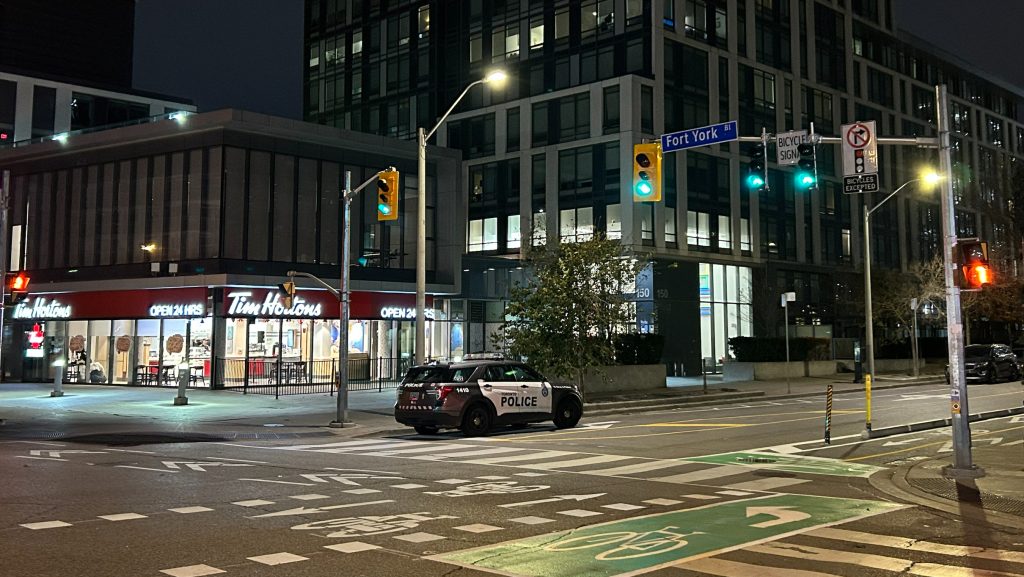After yearslong delay, DEA revokes license of drug distributor over opioid crisis failures

Posted May 26, 2023 4:56 pm.
The U.S. Drug Enforcement Administration stripped one of the nation’s largest drug distributors of its license to sell highly addictive painkillers Friday after determining it failed to flag thousands of suspicious orders at the height of the opioid crisis.
The action against Morris & Dickson Co. that threatens to put it out of business came two days after an Associated Press investigation found the DEA allowed the company to keep shipping drugs for nearly four years after a judge recommended the harshest penalty for its “cavalier disregard” of rules aimed at preventing opioid abuse.
The DEA acknowledged the time it took to issue its final decision was “longer than typical for the agency” but blamed Morris & Dickson in part for holding up the process by seeking delays due to the COVID-19 pandemic and its lengthy pursuit of a settlement that the agency said it had considered. The order becomes effective in 90 days, allowing more time to negotiate a settlement.
DEA Administrator Anne Milgram said in the 68-page order that Morris & Dickson failed to accept full responsibility for its past actions, which included shipping 12,000 unusually large orders of opioids to pharmacies and hospitals between 2014 and 2018. During this time, the company filed just three suspicious order reports with the DEA.
Milgram specifically cited testimony of then-president Paul Dickson Sr. in 2019 that the company’s compliance program was “dang good” and he didn’t think a “single person has gotten hurt by (their) drugs.”
“Those statements from the president of a family-owned and operated company so strongly miss the point of the requirements of a DEA registrant,” she wrote. “Its acceptance of responsibility did not prove that it or its principals understand the full extent of their wrongdoing … and the potential harm it caused.”
Shreveport, Louisiana-based Morris & Dickson traces its roots to 1840, when its namesake founder arrived from Wales and placed an ad in a local newspaper selling medicines. It has since become the nation’s fourth-largest wholesale drug distributor, with $4 billion a year in revenue and nearly 600 employees serving pharmacies and hospitals in 29 states.
In a statement, the company said it has invested millions of dollars over the past few years to revamp its compliance systems and appeared to hold out hope for a settlement.
“Morris & Dickson is grateful to the DEA administrator for delaying the effective date of the order to allow time to settle these old issues,” it said. “We remain confident we can achieve an outcome that safeguards the supply chain for all of our healthcare partners and the communities they serve. … Business will continue as usual and orders will continue to go out on time.”
Morris & Dickson’s much larger competitors, a trio of pharmaceutical distributors known as the Big Three, have already agreed to pay the federal government more than $1 billion in fines and penalties to settle similar violations. Cardinal Health, AmerisourceBergen and McKesson also agreed to pay $21 billion over 18 years to resolve claims as part of a nationwide settlement.
While Morris & Dickson wasn’t the only drug distributor who the DEA accused of fueling the opioid crisis, it was unique in its willingness to challenge those accusations in the DEA’s administrative court.
In a scathing recommendation in 2019, Administrative Law Judge Charles W. Dorman said Morris & Dickson’s argument that it has changed its ways was too little, too late.
Anything less than the most severe punishment, the judge said, “would communicate to DEA registrants that despite their transgressions, no matter how egregious, they will get a mere slap on the wrist and a second chance so long as they acknowledge their sins and vow to sin no more.”
But as the ensuing years passed, neither the Biden-nominated Milgram nor her two predecessors took any enforcement action. Past DEA officials told the AP such decisions usually take no more than two years.
As the pills kept flowing, Morris & Dickson attempted to stave off punishment, appealing directly to Milgram to order a reopening of the proceedings, arguing it would introduce new evidence showing it had implemented an “ideal” compliance program with the help of a consultant who is now second-in-command at the DEA, Louis Milione. The DEA said that Milione has recused himself from all agency business related to Morris & Dickson.
Milione retired from the DEA in 2017 after a 21-year career that included two years leading the division that controls the sale of highly addictive narcotics. Like dozens of colleagues in the DEA’s powerful-but-little-known Office of Diversion Control, he went to work as a consultant for some of the same companies he had been tasked with regulating.
Milione was hired by Morris & Dickson in 2018 as part of a $3 million contract and later testified that the company “spared no expense” to overhaul its compliance systems, cancel suspicious orders and send daily emails to the DEA spelling out its actions.
A footnote of the DEA’s order Friday said that since Milione returned to the DEA as principal deputy administrator in 2021, he has not had any contact with Milgram or other agency staff about the Morris & Dickson case due to his prior involvement with the company.
___
Goodman reported from Miami, Mustian from New York. Contact AP’s global investigative team at Investigative@ap.org.
Joshua Goodman And Jim Mustian, The Associated Press








